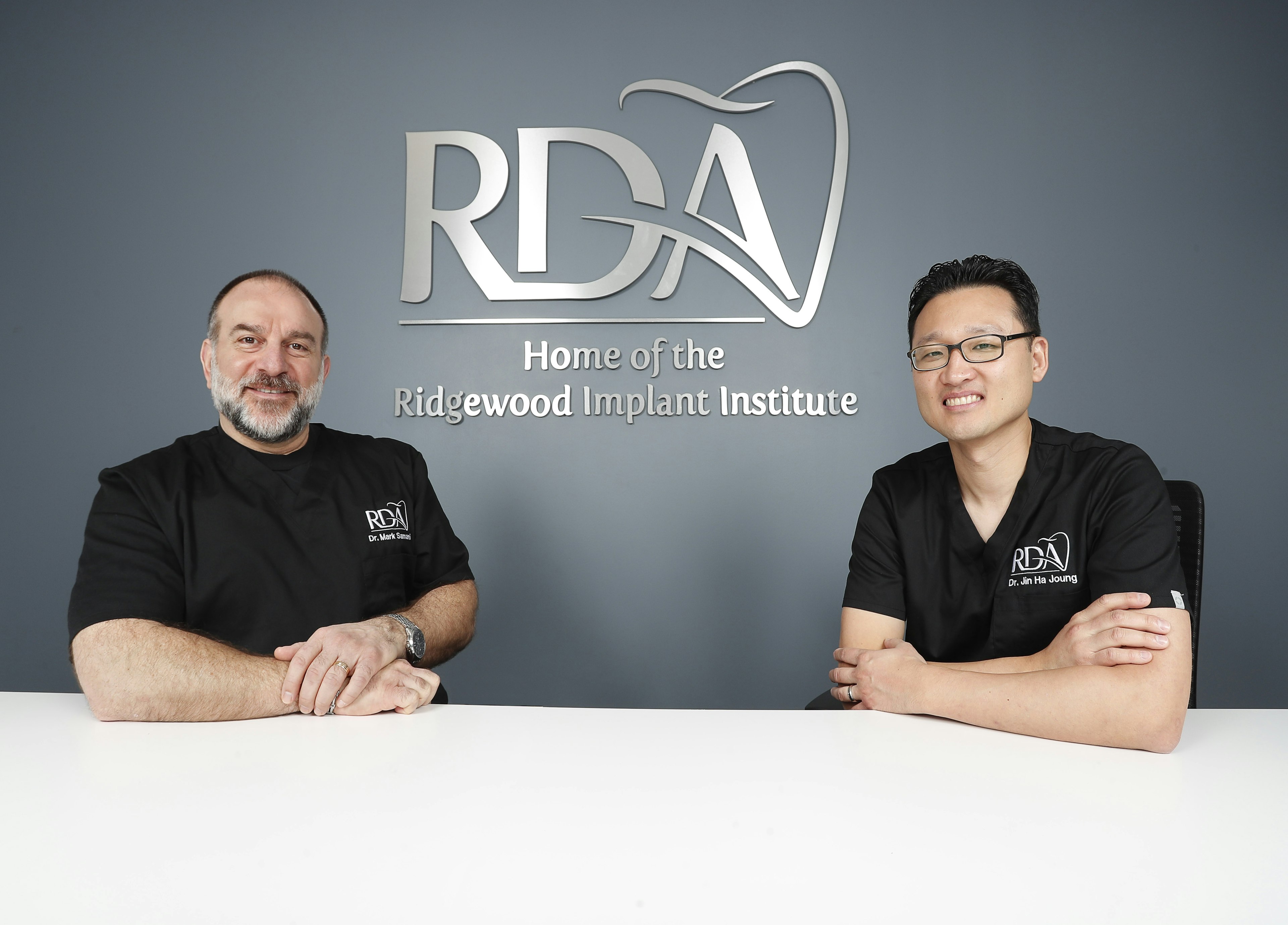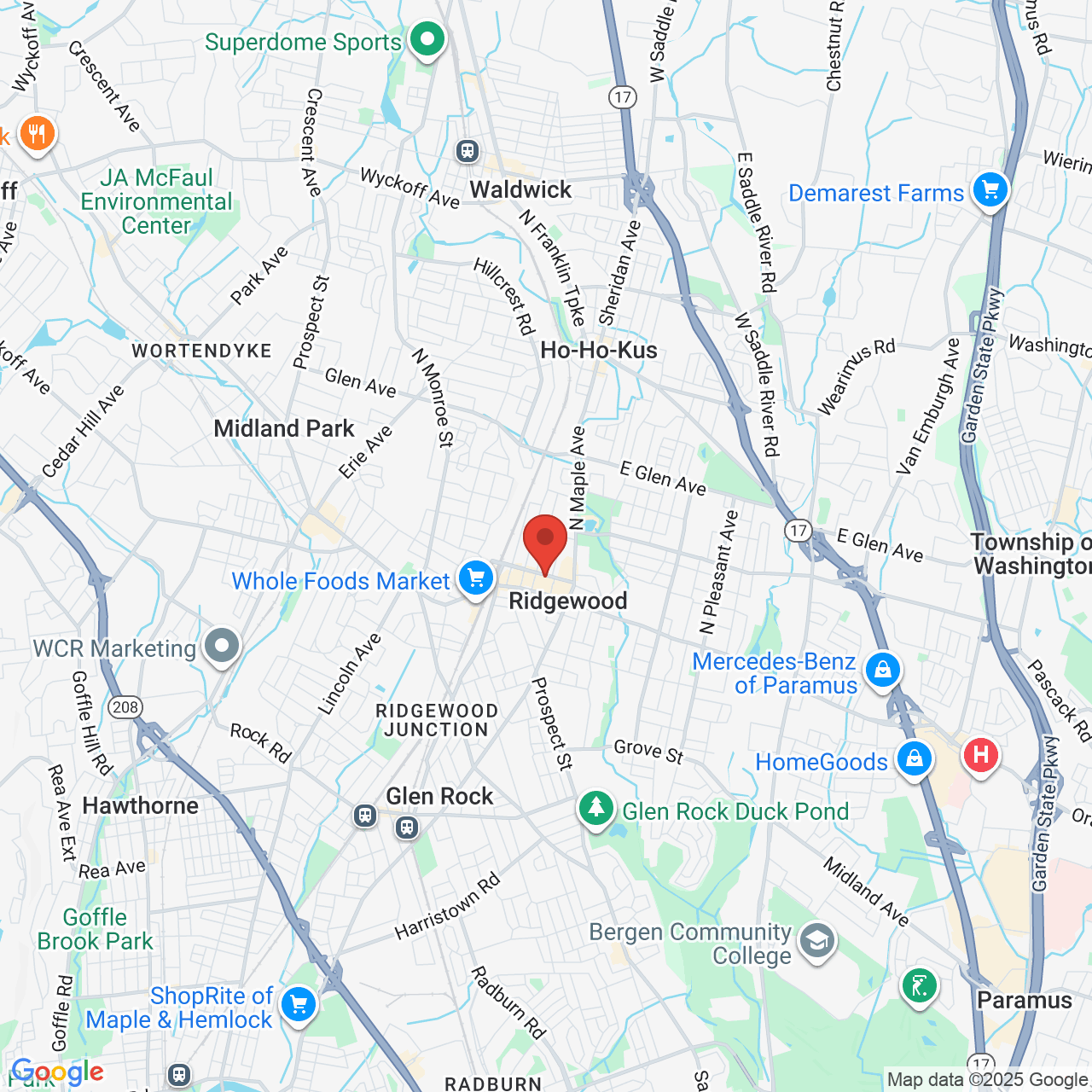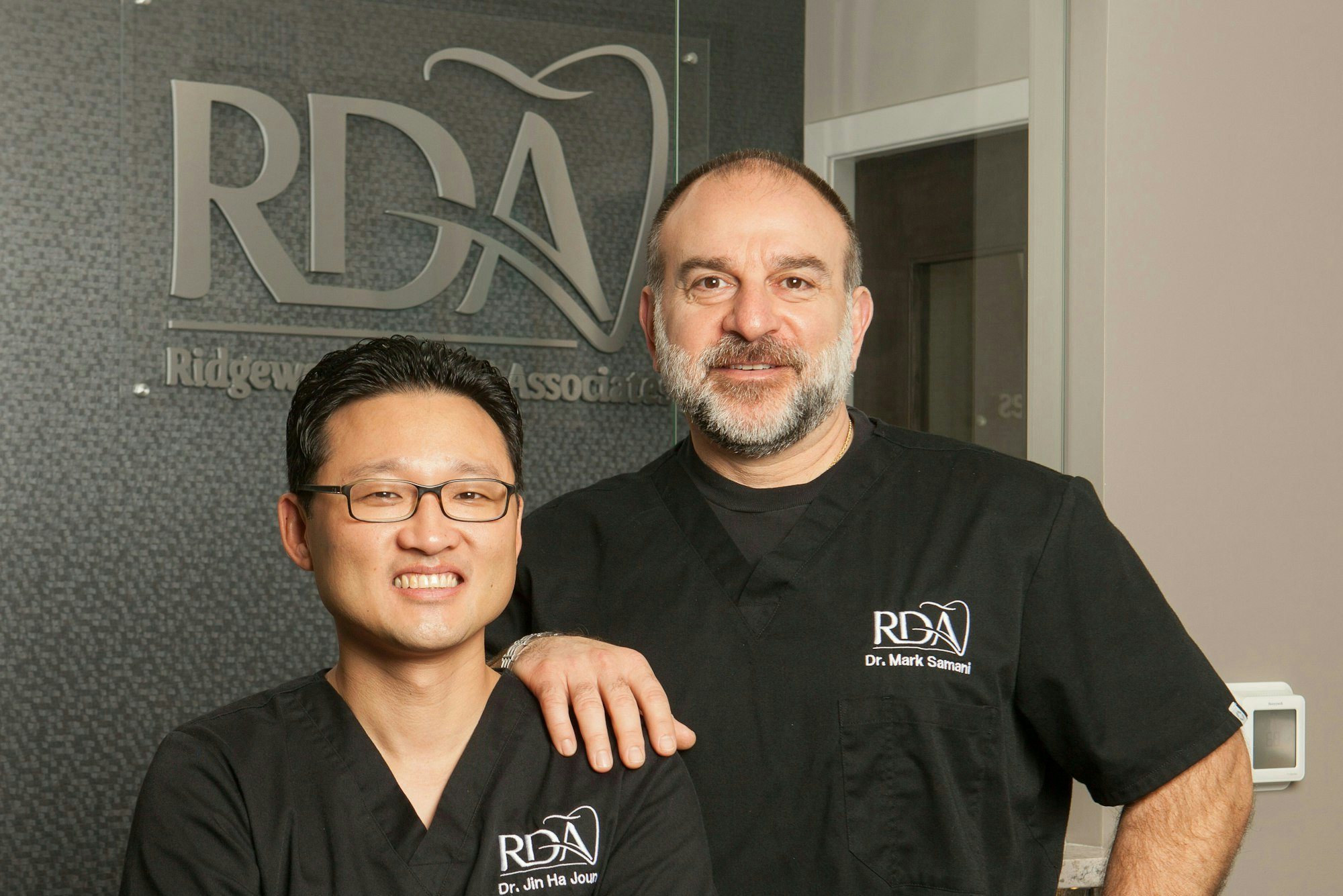Protect Your Oral Health with a Tooth Extraction
While extracting a tooth is typically the last resort for dentists, some cases of extreme damage or decay make an extraction unavoidable. A serious infection or extensive trauma can make a tooth extraction the most effective way to protect your oral health. At Ridgewood Dental Associates, we do our best to help you avoid an extraction. However, when necessary, our doctors perform safe and gentle extractions at our office in Ridgewood, NJ. Once your tooth is removed, we can provide dental implants or another tooth replacement option to restore the structure and appearance of your smile.

When to Extract a Tooth
There are several reasons why your dentist may recommend an extraction. For adult teeth, the most common culprit is damage. When a tooth becomes too damaged to repair with a filling, crown or other treatment, removing it is often the best solution. Other reasons to extract a tooth include:
- Infection
- Gum disease
- Traumatic injury
- Impaction
- Overcrowding
In some cases, our doctors will remove a baby tooth when it remains after the adult tooth has grown in, or when it is blocking another tooth from erupting. Impacted wisdom teeth are another common issue patients face.
What to Expect during an Extraction
Before beginning, we will numb the area with local anesthetic. For more extensive procedures, we may use an additional form of sedation to ensure you are comfortable during the procedure.
If necessary, your dentist may remove gum or bone tissue to uncover the tooth. Then, they will grasp the tooth with a special tool known as forceps and gently rock it back and forth to loosen it. Once your tooth is removed, a blood clot should begin to form in the socket. In some cases, your dentist will place sutures to close the gums while the treatment site heals.
Recovering after Your Procedure
You can return home after your procedure. However, it typically takes a few days to recover after a tooth extraction. We can give you detailed instructions explaining how to care for your smile during recovery. Get lots of rest during the first 24 hours and avoid drinking from a straw or rinsing or spitting forcefully. You should limit your activity for at least a day or two after your procedure, as strenuous activity could slow down the healing process.
If you need a tooth extracted, our team can remove the tooth and replace it with an implant-supported restoration or another tooth replacement option.
After the first 24 hours, you can rinse your mouth with warm salt water to keep the treated areas clean. Applying ice packs to your face can help minimize swelling and other symptoms. We generally recommend eating soft foods, such as soup, pudding, and yogurt for a few days. You can gradually add solid foods back into your diet as the surgical site heals. Keep in mind that even a minor extraction involves surgery, and you should take it easy as you recover.
Find Out More
If you need a tooth extracted, our team can remove the tooth and replace it with an implant-supported restoration or another tooth replacement option. Learn more about extractions at Ridgewood Dental Associates by contacting our office online or calling (201) 652-2474 to speak to a member of our team today.






